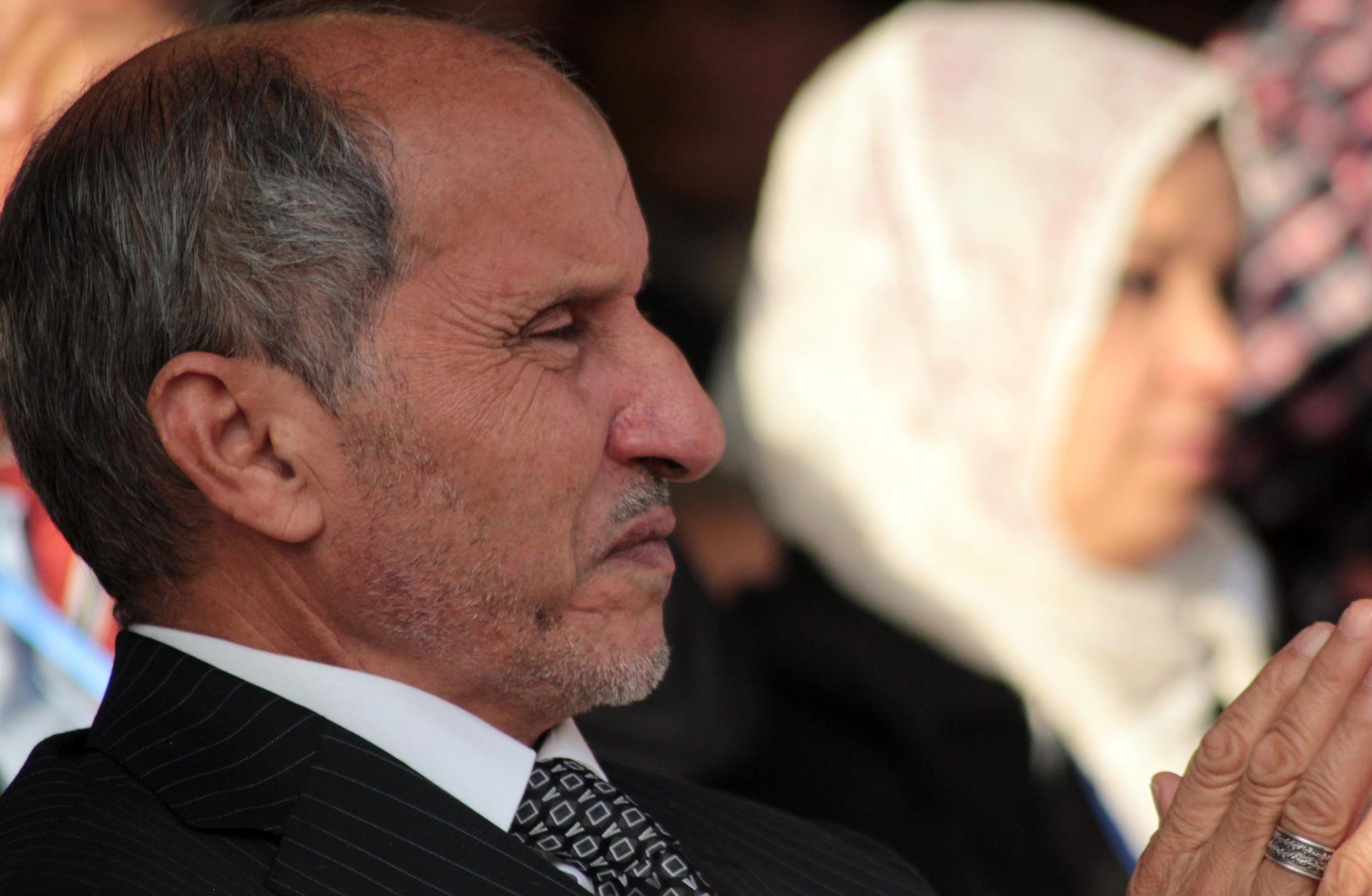Libya urges NATO to stay until year end
NTC leader Mustafa Abdul Jalil asked NATO today to remain in Libya until the end of the year.
Libya’s National Transitional Council leader, Mustafa Abdul Jalil has asked NATO to extend their stay in the country until the end of the year, in order to help Libyans trying to control surplus weapons and deal with Muammer Gaddafi loyalists, BBC reports.
NATO’s preliminary decision was to end operations in Libya on Oct. 31, but it has now delayed making a formal decision on ending the mission until Friday due to the NTC’s request and a Russian demand for UN Consultations, the UK’s Telegraph reports.
Read more at GlobalPost: NATO won't halt Libya air war yet, Leon Panetta says
"We hope (NATO) will continue its campaign until at least the end of this year to serve us and neighboring countries," said Jalil, BBC reports. Libyans fear that remaining Gaddafi loyalists could pose a threat.
Libya’s request for NATO to stay in the country longer is aimed at "ensuring that no arms are infiltrated into those countries and to ensure the security of Libyans from some remnants of Gaddafi's forces who have fled to nearby countries," Jalil said, the Associated Press reports.
Read more at GlobalPost: NATO reacts cautiously to Gaddafi's death
NATO Secretary-General Anders Fogh Rasmussen was in consultations with the United Nations and the National Transitional Council about plans to conclude the mission, Reuters reports. NATO’s effort in Libya has involved more than 26,000 air sorties and round-the-clock naval patrols. This has been especially costly for NATO at this time due to defense budgets under severe strain from the global economic crisis, Reuters reports.
After Gaddafi’s capture and death last week, NATO’s NTC is expected to agree formally on Wednesday to set Oct. 31 as the date to end the seven-month-old air war, AP reports. Also on Wednesday, Qatar revealed hundreds of its troops had been involved with Libyan rebels to take down Gaddafi.
Qatar's chief of staff Major General Hamad bin Ali Al-Atiya said the Qatari personnel had been "running the training and communication operations,” AP reports.
Read more at GlobalPost: Libya: 10,000 missiles missing NATO admits
The story you just read is accessible and free to all because thousands of listeners and readers contribute to our nonprofit newsroom. We go deep to bring you the human-centered international reporting that you know you can trust. To do this work and to do it well, we rely on the support of our listeners. If you appreciated our coverage this year, if there was a story that made you pause or a song that moved you, would you consider making a gift to sustain our work through 2024 and beyond?
